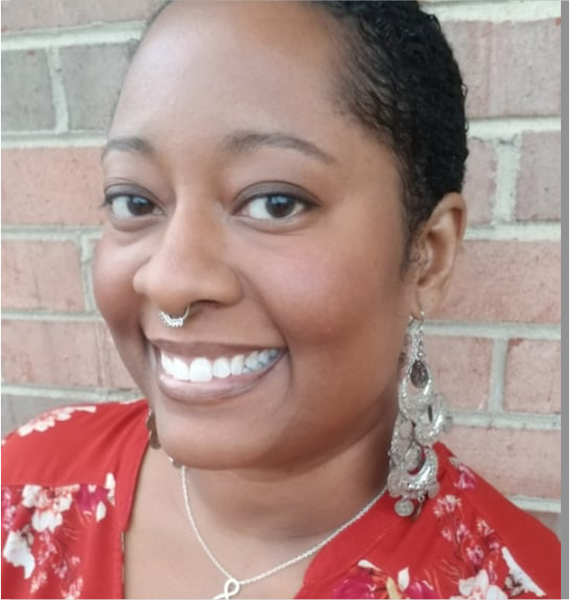Assisted Feedback to ISTA
WELCOME TO THE PROCESS
As part of the International School of Temple Arts’ (ISTA’s) efforts to consciously address the concerns that have come to light regarding challenging interactions between ISTA facilitators/organizers and participants, ISTA Governance has agreed to have Safe Mediation as a neutral 3rd party to assist participants in sharing their feedback with ISTA. To reiterate, we are a neutral third-party that provides a safer container for participants to share their grievances with ISTA faculty/organizers without being disregarded.
Safe-Mediation has experience with assisted feedbacks and accountability processes in the field of Tantra and Sacred Sexuality. Our work is based on Restorative Justice and involves active participation from those harmed and those who caused the harm. We focus on equalising unhealthy communication styles and/or power dynamics, so the parties can move closer towards a repairing harm. We are centered in accountability, empowerment, healing and transformation. We help your message to be received and acknowledged without defensiveness.
We are here to listen
Frequently Asked Questions
We have the intention to keep this page regularly updated. We will keep updating FAQs with the most relevant information for the present date.
If you experienced distress with a person in a position of power, it is very common to think that they won’t listen to feedback with an open heart. Maybe you even tried to give feedback before and didn’t go well. Based on past interactions, or on the core need to protect yourself from being dismissed, you convince yourself that feedback will be worthless or even damaging to you.
Common thoughts people have towards the person who caused them distress:
- “They are not interested enough in listening to my experience”
- “They will be defensive, justify their actions, or turn it against me”
- “They will not take any responsibility for their actions”
- “They will not take any steps to repair the harm caused”
- “Maybe they are willing to listen to other people but not to me”
- “Maybe their peers are willing to be accountable but not the one who I have a problem with”
Maybe your assumptions are true. Maybe they were once true but things have shifted. And we are here to double-check that for you now. You might be surprised that, in many cases, when we approach the counterparty, they show up with a desire to listen and be accountable. Our experience shows that, by adding a neutral intermediary, defenses drop and give space to more understanding and willingness to restore the harm.
Most people already tried to communicate a pressing issue to those who caused them harm. They did so either via direct approach, letter or through an intermediary. In many cases, unfortunately, the counterpart either neglected them or adopted a defensive position. You might think your counterpart will never listen to you because you already tried in the past. You might have even tried mediation before and you felt the mediator was biased against you or not skilled enough to hold the conversation well. You might be thinking your counterpart will just say the “right words” without being fully authentic. This is probably very exhausting, time-consuming, and draining, therefore, investing more time in this process creates contractions in your body. We get it. Your nervous system wants to protect you from getting drained again! We agree it takes a skilled neutral & professional mediator to catch and prevent destructive communication traits and unbalanced power dynamics. And that is Safe Mediation’s expertise. We have experience handling sensitive conflicts from an emotionally-attuned and trauma-informed lens. Our mediators are trained in mental health and have spent years consciously developing their emotional intelligence and ability to attune to sensitive situations with integrity and clarity.
Mediation means different things to different people. Many believe that mediation is something you do when you want to restore a relationship with someone. What if you don’t want to be friends with the person you have issues with? Or, what if you are already in amicable communication with someone? Then mediation is not for you, right? Actually, that’s not necessarily true.
Mediation is a powerful tool to get a difficult message across, to get your voice heard, to experience healing, and to restore a sense of justice and accountability. Safe Mediation is not aiming to make people friends or act nice to each other. We are here to facilitate a space where issues can be truly addressed without avoidance or defensiveness. We are here to help people get through difficult conversations by creating a space where mediation participants commit to truly listen to each other. The bottom line of mediation is that we facilitate an environment where communication is delivered respectfully and the listener is encouraged to deeply reflect on the other person’s experience.
Get in touch
Please send an email to info@safe-mediation.com with your message. Only Denyse and Anaisa will have access to your message. We won’t share your message with anybody else without your clear consent.
Let us know if you have any questions, comments, or requests regarding an Assisted Feedback process. Please share any relevant information about your background that would be helpful for us to know. We invite you to explain what happened between you and an ISTA facilitator/organizer(s).
We want this process to be supportive for all involved and we are open to your suggestions and feedback to make this process even better.




